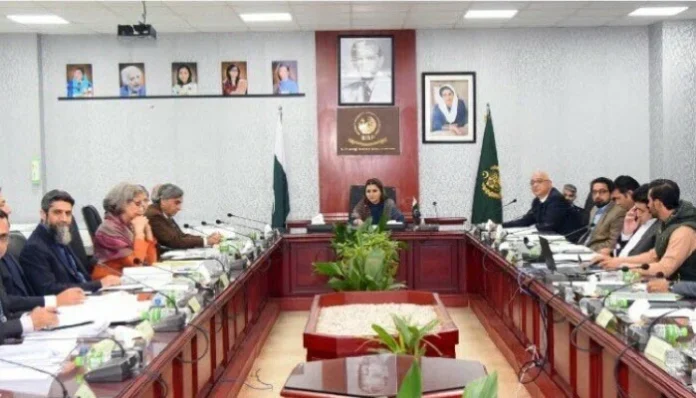Despite allegations of irregularities and mismanagement, the Pakistani government has allocated Rs. 400 billion for the Benazir Income Support Program in the upcoming fiscal year. The announcement was made on Friday by Finance Minister Shaukat Tarin during his budget speech in the National Assembly.
The Rs. 400 billion allocated for the BISP in the upcoming fiscal year represents an increase of Rs. 100 billion from the previous year’s allocation. The funds will be used to provide cash transfers to eligible households.
The minister received an update on the status of various initiatives from Yusuf Khan, the BISP Secretary, and the programme’s DGs. The gathering was informed that 2.8 million flood-affected people received a total of Rs 70 billion, distributed at a rate of Rs 25,000 per family. In addition, 81 lakh families received gasoline subsidies of Rs 16.7 billion, at a rate of Rs 2000 per family.
Additionally, the government has raised Benazir Kafaalat money for the nation’s deserving citizens by 25%. From Rs 7000 to Rs 8750, the quarterly stipends have been increased. While Rs. 9000 will be paid for the installment from April to June, Rs. 8500 is now being paid for the quarterly installment from January to March. The quantity of Benazir beneficiaries saw an increase in number from 7.6 million households to 9 million households.
Additionally, Ms. Shazia Marri was informed that the Benazir Kafaalat Program now includes transgender people. The most recent advances on the new Dynamic Registry initiative. With the help of this initiative, new/eligible families will be able to enroll in the program for free while the existing beneficiary data will be updated.
The Pakistan Peoples Party government’s BISP, which was introduced in 2008, intends to give money to low-income households throughout the nation. Over the years, there have been complaints about the programme, including claims of corruption, nepotism, and favouritism in the allocation of monies.
Notwithstanding these accusations, the government has continued to include a sizable amount of funding for the programme in each budget because it believes it is a crucial tool for reducing poverty and providing social protection.


